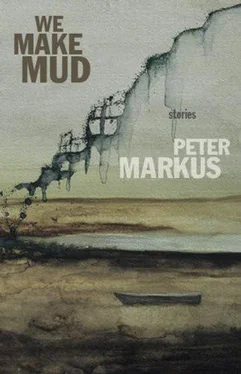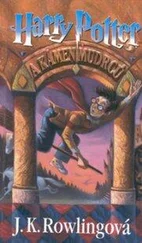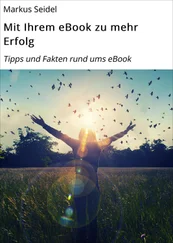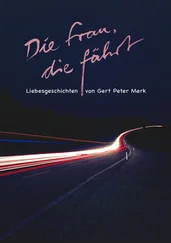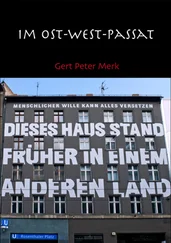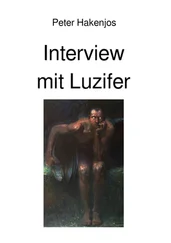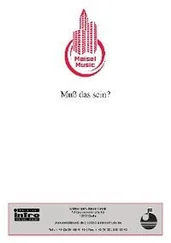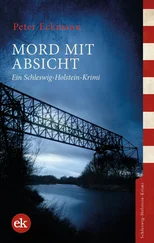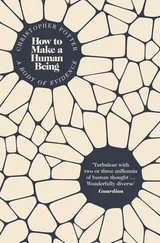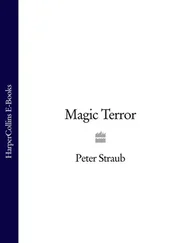Peter Markus - We Make Mud
Здесь есть возможность читать онлайн «Peter Markus - We Make Mud» весь текст электронной книги совершенно бесплатно (целиком полную версию без сокращений). В некоторых случаях можно слушать аудио, скачать через торрент в формате fb2 и присутствует краткое содержание. Год выпуска: 2011, Издательство: Dzanc Books, Жанр: Современная проза, на английском языке. Описание произведения, (предисловие) а так же отзывы посетителей доступны на портале библиотеки ЛибКат.
- Название:We Make Mud
- Автор:
- Издательство:Dzanc Books
- Жанр:
- Год:2011
- ISBN:нет данных
- Рейтинг книги:5 / 5. Голосов: 1
-
Избранное:Добавить в избранное
- Отзывы:
-
Ваша оценка:
- 100
- 1
- 2
- 3
- 4
- 5
We Make Mud: краткое содержание, описание и аннотация
Предлагаем к чтению аннотацию, описание, краткое содержание или предисловие (зависит от того, что написал сам автор книги «We Make Mud»). Если вы не нашли необходимую информацию о книге — напишите в комментариях, мы постараемся отыскать её.
We Make Mud — читать онлайн бесплатно полную книгу (весь текст) целиком
Ниже представлен текст книги, разбитый по страницам. Система сохранения места последней прочитанной страницы, позволяет с удобством читать онлайн бесплатно книгу «We Make Mud», без необходимости каждый раз заново искать на чём Вы остановились. Поставьте закладку, и сможете в любой момент перейти на страницу, на которой закончили чтение.
Интервал:
Закладка:
Peter Markus
Bob, or Man on Boat
This book is for
Helena
who put the word brother under my tongue
for Sol
the word brother made flesh
and for Beck
for making all this mud possible.
And in memory of
Bob
The Singing Fish
The river was not far from the place we called town. It, our town, it was a dirty river town with a dirty river running through it. Town, it was mostly just a two-way road cutting through the middle of the place where the all-by-itself traffic light was always blinking from two sides of it yellow and from the other two sides of it red. Our town, us brothers one day discovered, it was not the kind of a town where cars not from our town liked to stop. Ours was a drive-on-through kind of a town, a pass-on-by-on-your-way-to-someplace-else kind of a town. Us brothers, we did not understand it why these cars from these other places would not want to stop to be and to stay with us. Look here: there was a dirty river in our dirty river town. There were dirty river fish in this here dirty river that us brothers liked to catch. There was a house, just up from this river, with a back-of-the-yard part where, us brothers, we liked to take the fish that we’d catch out of this dirty river and, us brothers, we liked to chop off the heads off of these fish. What we did then with the heads of these dirty river fish was this: we liked to take these fish’s dirty river heads and we liked to give each of these fish heads each a name. Not one was called Jimmy or John. Jimmy and John, that was mine and my brother’s name. We called each other Brother. What us brothers did after we gave each of these fish a name was, we liked to take these fish heads out back into the backest back part of the back of the yard, out back to where there was this pole back there sticking up toward the sky, the kind of a pole with electricity wires and telephone lines running down and running across to and into the rows of other peoples’ houses where inside of these other houses there lived the other people of this dirty river town. This pole, it was covered, from its top to its bottom, with the chopped off heads that once belonged to our fish. Us brothers, we liked to hammer and nail them, these heads, open-eyed, open-mouthed, into this pole’s blackened wood. When we did, with each swing of the hammer, these fish, it was like they were singing to us brothers. Brothers, these fish’s fish mouths sang: Don’t ever leave. We won’t is what we promised to these singing fish. This, us brothers, we believed this, this would be an easy promise for us brothers to keep. And it was. It was — up until the day our father came home from work and told us we were leaving. When our father told us we were leaving, he meant it, we were leaving for good — this dirty river, this dirty river town. We did not want to leave, my brother and me. We did not want to leave behind this dirty river, this dirty river town. We did not want to leave behind this town or the river or the river’s dirty river fish. We did not want to leave the fish-headed telephone pole out back in the back in our yard, back behind the wood tool shed where our father kept his hammers and his saws and those coffee cans of his full of rusty, bent-back nails. There was a bigger sky, our mother told us. There is a sky, our mother wanted us to know. There was a sky, she said, not stunted by smokestacks and smoke. Us brothers, we couldn’t picture a sky bigger than the sky outside our backyard. We did not want to imagine, we did not want to live in, a town without a dirty river running through it, a river for us to run down to it to fish. Us brothers, we did not want to run or be moved away from all of this smoke and water and mud. We liked dirt and mud and those dirty river smells that always smelled of fish and fishing and worms. We did not like it when our mother made us wash our hands to rid ourselves of those fishy river smells. Us brothers, we liked it the way the fishes’ silver fish scales stuck to and glittered sparkly in our hands. At night, we liked to hold our hands up to the moonlight shining into our bedroom’s window. Our hands, we believed, the brothers that we are, had been dipped in a river of stars. But us brothers, we didn’t know what we were going to do, or how we were going to get ourselves to stay, until we looked outside and saw our fish. Those fish’s heads, they were looking back at us brothers, they were singing out to us, Don’t leave. A promise, the biggest fish head sang this out to us, is a promise. When we heard this fish’s singing, us brothers, we gave each other this look. There was this look that us brothers, we sometimes liked to give each other this look. It was the kind of a look that actually hurt the eyes of the brother who was doing the looking. Imagine that look. Brother, Brother said to me then. Brother. We didn’t have to say any other words other than this. This word brother, it was more than just enough. Outside, only the moon and the stars were watching us brothers as we climbed out through our bedroom’s window and walked over to our father’s tool shed and dug out his hammers and his coffee can filled with those rusty, bent-back nails. We each of us brothers grabbed a handful of nails and a hammer into each of our hands and then we walked over to our backyard’s fish-headed telephone pole. Brother, I said to Brother. You get to go first. Give me your hand, I told him. Hold your hand up against this pole’s wood. Brother did like I told. We were brothers. We were each other’s voice inside our own heads. This might sting, I warned. And then I raised back that hammer. I drove that rusted nail into Brother’s hand. Brother didn’t even wince, or flinch with his body, or make with his boy mouth the sound of a brother crying out. Good, Brother, I said. I was hammering in another nail into Brother’s other hand when our father stepped out into the back of the yard. Son, our father called this word out. Us brothers — us, our father’s sons — we turned back our boy heads toward the sound of our father. We waited to hear what it was that our father was going to say to us brothers next. It was a long few seconds. The sky above the river, the black metal mill shipwrecked down by the river’s muddy shores, it was dark and quiet. Somewhere, we were sure, the sun was shining. You boys be sure to clean up out there before you come back in, our father said. Our father turned back his back. Us brothers turned to face back each other. I raised back that hammer. I lined up that rusted nail.
Our Father Who Walks on Water Comes Home with Two Buckets of Fish
This is our father we are watching. We watch our father walk on water. He is walking across it, our father, he is crossing this dirty river that runs through this dirty river town. Our father is coming back now from the river’s other side. We see that he has, hanging from each of his muddy hands, a muddy bucket. When it is us, his sons, that he sees are the ones doing the watching, our father walks up to face us. He sets down those muddy buckets down onto the ground. Us brothers, we look down at those buckets. When we look down inside these buckets, we see that they are both filled up to the rusted brim with fish. Supper is what our father says to this. Us brothers, we shadow our father home. We are our father’s sons mudding our way back through the mud, walking in the mud-left tracks of our father’s muddy boots. When we get home, we watch our father walk into the kitchen without first taking off his boots. Us brothers, we do like our father. We walk inside, with our boots still on our feet. The floor, with mud all across it, it has never before looked so shiny. Mother, our father calls this word out.
Читать дальшеИнтервал:
Закладка:
Похожие книги на «We Make Mud»
Представляем Вашему вниманию похожие книги на «We Make Mud» списком для выбора. Мы отобрали схожую по названию и смыслу литературу в надежде предоставить читателям больше вариантов отыскать новые, интересные, ещё непрочитанные произведения.
Обсуждение, отзывы о книге «We Make Mud» и просто собственные мнения читателей. Оставьте ваши комментарии, напишите, что Вы думаете о произведении, его смысле или главных героях. Укажите что конкретно понравилось, а что нет, и почему Вы так считаете.
